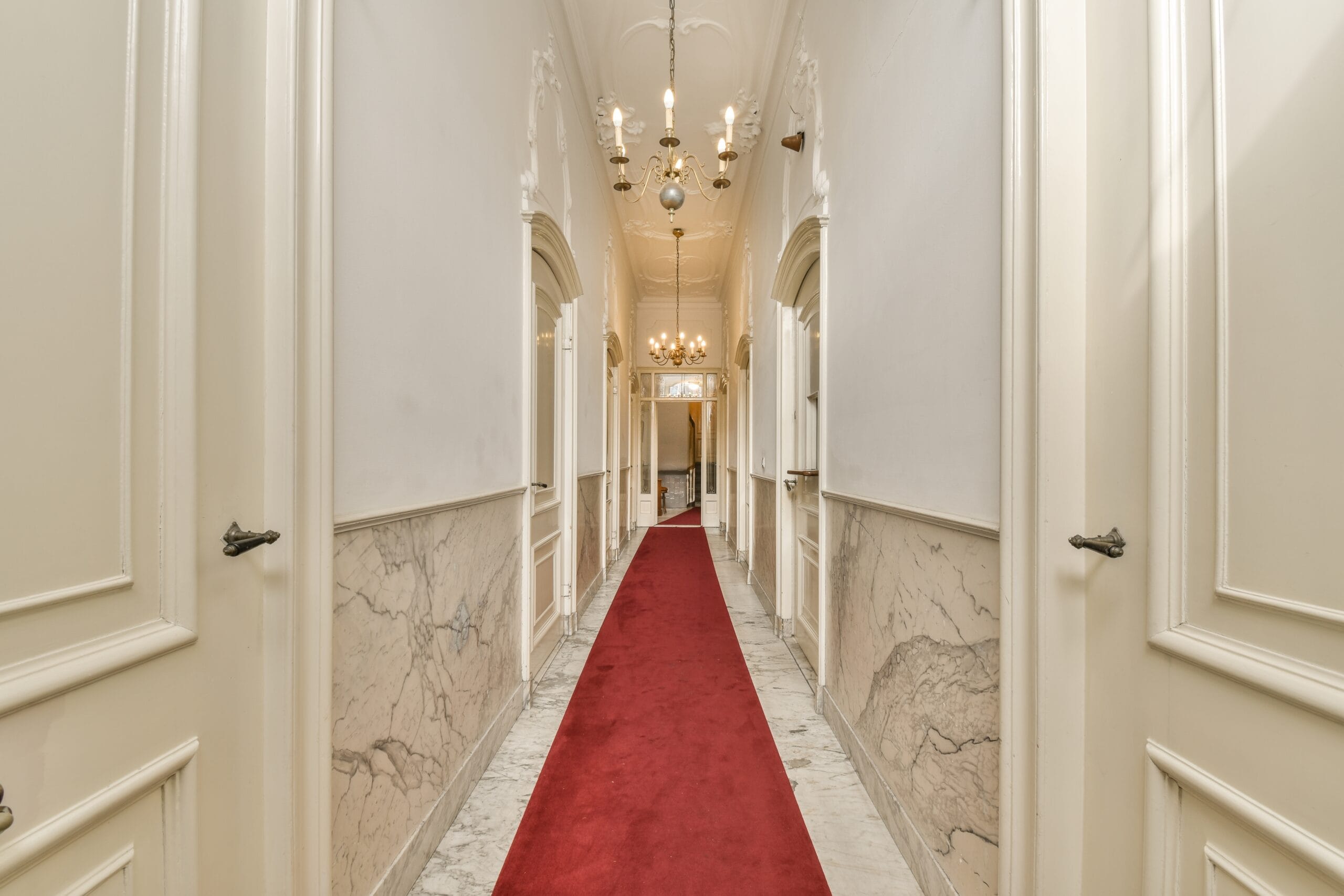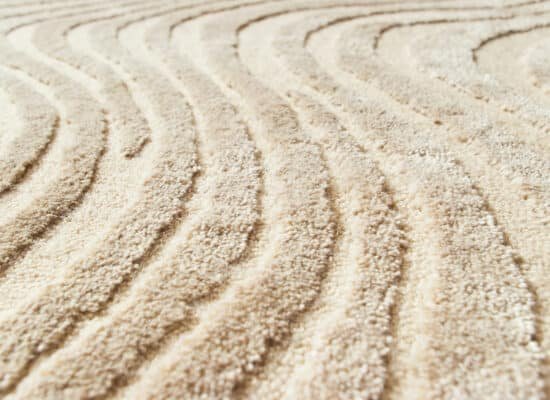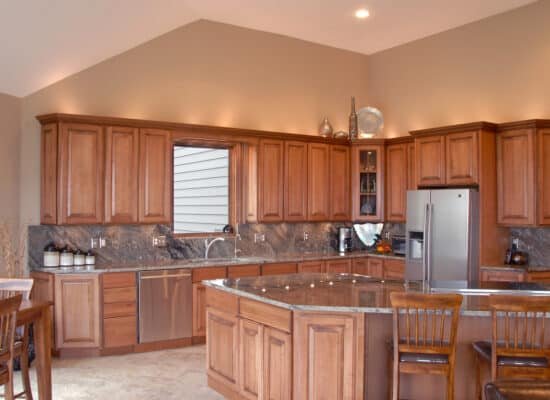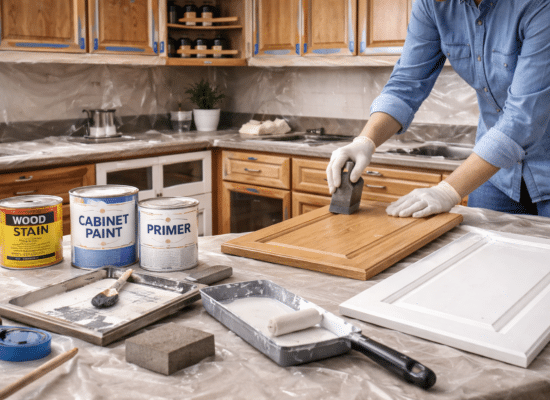When we think about the design and functionality of our homes, hallways often get overlooked. However, they serve as vital arteries that connect different spaces within our living environment. Choosing the right carpet for hallways is crucial, as it not only enhances the aesthetic appeal of our home but also contributes to the overall comfort and safety of the area.
Table Of Content
- Key Takeaways
- Understanding the Different Types of Carpet Materials
- Factors to Consider When Choosing a Carpet for Hallways
- Durability and Longevity of Carpet Options
- Best Carpet Styles for High-Traffic Hallways
- Maintenance and Cleaning Tips for Hallway Carpets
- Budget Considerations for Hallway Carpeting
- Hiring a Professional for Carpet Installation in Hallways
- FAQs
- What are the benefits of using carpet for hallways?
- What type of carpet is best for hallways?
- How do I maintain and clean a carpet in the hallway?
- Can I install the carpet in the hallway myself?
- How long can I expect a hallway carpet to last?
A well-chosen carpet can create a welcoming atmosphere, making our hallways feel more inviting and cohesive with the rest of our decor. Moreover, hallways are typically high-traffic areas, which means they are subject to wear and tear. The right carpet can withstand this constant foot traffic while maintaining its appearance and functionality.
By selecting a carpet that is both stylish and durable, we can ensure that our hallways remain beautiful and practical for years to come. This choice can also reflect our personal style, allowing us to express ourselves through color, texture, and design.
Key Takeaways
- Choosing the right carpet for hallways is important for both aesthetic and practical reasons.
- Understanding the different types of carpet materials can help in making an informed decision
- Factors to consider when choosing a carpet for hallways include traffic, maintenance, and style.
- Durability and longevity of carpet options should be a key consideration for high-traffic areas.
- Best carpet styles for high-traffic hallways include loop pile and cut pile options for durability.
- Regular maintenance and cleaning are essential for preserving the appearance and lifespan of hallway carpets.
- Budget considerations for hallway carpeting should include both the cost of the carpet and installation.
- Hiring a professional for carpet installation in hallways can ensure a proper and long-lasting result.
Understanding the Different Types of Carpet Materials
As we delve into the world of carpet materials, we discover a variety of options that cater to different needs and preferences. Broadly speaking, carpets can be categorized into two main types: natural fibers and synthetic fibers. Natural fiber carpets, such as wool, cotton, and sisal, offer a luxurious feel and are often more environmentally friendly.
Wool, in particular, is known for its resilience and ability to resist stains, making it an excellent choice for hallways where spills may occur. On the other hand, synthetic fibers like nylon, polyester, and olefin provide a range of benefits that can be particularly advantageous in high-traffic areas. Nylon is renowned for its durability and resistance to wear, while polyester offers vibrant colors and patterns at a more affordable price point.
Olefin is moisture-resistant and easy to clean, making it suitable for families with children or pets. By understanding these materials, we can make informed decisions that align with our lifestyle and design preferences.
Factors to Consider When Choosing a Carpet for Hallways
When selecting a carpet for our hallways, several factors come into play that can significantly influence our decision. First and foremost, we must consider the level of foot traffic the hallway experiences. High-traffic areas require carpets that can withstand constant use without showing signs of wear.
This means opting for materials that are durable and easy to maintain. Another important factor is the color and pattern of the carpet. Lighter colors can make a hallway feel more spacious and airy, while darker shades can add warmth and coziness.
Patterns can also play a role in hiding dirt and stains, which is particularly beneficial in busy areas. Additionally, we should think about the overall style of our home; the carpet should complement the existing decor to create a harmonious flow throughout our living space.
Durability and Longevity of Carpet Options
| Carpet Option | Durability | Longevity |
|---|---|---|
| Nylon | High | 10-15 years |
| Polyester | Medium | 5-10 years |
| Olefin | Low | 3-5 years |
Durability is a key consideration when it comes to hallway carpets. We want to invest in a carpet that not only looks good but also stands the test of time. Carpets made from nylon or wool tend to be among the most durable options available.
Nylon fibers are known for their strength and resilience, making them ideal for high-traffic areas where wear is inevitable. Wool carpets, while slightly more expensive, offer natural durability and can last for decades with proper care. In addition to material choice, the construction of the carpet plays a significant role in its longevity.
Carpets with a dense pile or looped construction are generally more durable than those with a cut pile. The density helps resist crushing and matting, ensuring that our hallway carpets maintain their appearance over time. By prioritizing durability in our selection process, we can enjoy beautiful hallways without the constant worry of replacing worn-out carpets.
Best Carpet Styles for High-Traffic Hallways
When it comes to selecting the best carpet styles for high-traffic hallways, we have a plethora of options to choose from. Berber carpets are often recommended due to their looped construction, which provides excellent durability while offering a unique texture. These carpets are available in various colors and patterns, allowing us to find a style that suits our taste while standing up to heavy foot traffic.
Another popular choice is plush or cut pile carpets, which provide a soft and luxurious feel underfoot. While they may not be as durable as Berber styles, opting for a high-quality plush carpet made from nylon can still yield satisfactory results in terms of longevity. Additionally, patterned carpets can be an excellent option for hallways; they not only add visual interest but also help camouflage dirt and stains that may accumulate over time.
Maintenance and Cleaning Tips for Hallway Carpets
Regular maintenance is essential to keep our hallway carpets looking their best. Vacuuming frequently is one of the simplest yet most effective ways to prevent dirt buildup and prolong the life of our carpets. We should aim to vacuum at least once a week or more often in high-traffic areas.
Using a vacuum cleaner with strong suction and a rotating brush can help lift dirt from deep within the fibers. In addition to regular vacuuming, we should also address spills promptly to prevent stains from setting in. Blotting spills with a clean cloth rather than rubbing them can help lift the stain without damaging the carpet fibers.
For deeper cleaning, we may consider professional steam cleaning every 12-18 months to remove embedded dirt and refresh the carpet’s appearance. By following these maintenance tips, we can ensure that our hallway carpets remain vibrant and inviting.
Budget Considerations for Hallway Carpeting
Budgeting for hallway carpeting requires careful consideration of both material costs and installation expenses. While it may be tempting to opt for cheaper options initially, investing in higher-quality materials can save us money in the long run by reducing the need for replacements or repairs. We should take into account not only the price per square foot of the carpet but also any additional costs associated with padding and installation.
It’s also wise to explore various retailers and compare prices before making a final decision. Some stores may offer sales or discounts on specific styles or materials that could fit within our budget without compromising quality. Additionally, considering alternative options such as remnants or off-cuts can provide significant savings while still allowing us to achieve the desired look for our hallways.
Hiring a Professional for Carpet Installation in Hallways
While some may consider tackling carpet installation as a DIY project, hiring a professional can often yield better results—especially in hallways where precision is key due to their shape and layout. Professionals have the experience and tools necessary to ensure that carpets are installed correctly, minimizing issues such as wrinkles or uneven seams that can detract from the overall appearance. Moreover, professional installers can provide valuable insights regarding carpet selection based on their knowledge of different materials and styles.
They can help us navigate any challenges that may arise during installation, ensuring that we achieve a flawless finish in our hallways. Ultimately, investing in professional installation not only enhances the aesthetic appeal of our space but also contributes to the longevity of our chosen carpet.
By taking the time to understand these elements, we can create beautiful and functional hallways that enhance our home’s overall design while standing up to everyday wear and tear.
If you are looking to spruce up your hallway with a new carpet, you may also be interested in exploring cozy dining room ideas for the holiday season.
Check out this article for some inspiration: Cozy Dining Room Ideas for the Holiday Season.
FAQs
What are the benefits of using carpet for hallways?
Carpet in hallways can help reduce noise, provide insulation, and create a comfortable and inviting atmosphere. It also adds a layer of safety by providing a non-slip surface.
What type of carpet is best for hallways?
Durable and stain-resistant carpets such as nylon or polyester are ideal for hallways. Low-pile carpets are also a good choice as they are easier to clean and less likely to show wear and tear.
How do I maintain and clean a carpet in the hallway?
Regular vacuuming and spot cleaning are essential for maintaining a hallway carpet. It’s also recommended to have the carpet professionally cleaned at least once a year to remove deep-seated dirt and stains.
Can I install the carpet in the hallway myself?
While it is possible to install carpet in the hallway yourself, it is recommended to hire a professional for the best results. Proper installation is crucial for the longevity and performance of the carpet.
How long can I expect a hallway carpet to last?
The lifespan of a hallway carpet can vary depending on the quality of the carpet, the amount of foot traffic, and how well it is maintained. On average, a well-maintained carpet can last 5-15 years.











![Shiplap Costs Per Square Foot: Proven Expert [2026 Pricing Guide] Shiplap Costs](https://mynexthouseproject.com/wp-content/uploads/2026/01/Shiplap-Costs-550x400.jpg)


